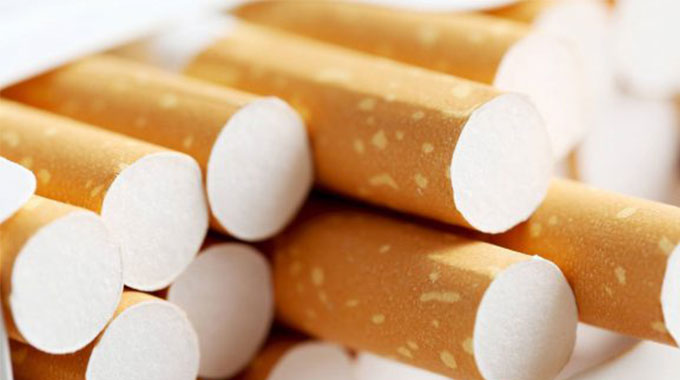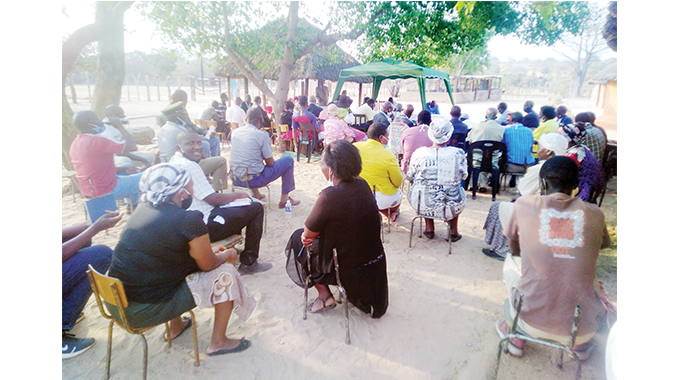Gweru residents told to brace for tighter water rationing

Patrick Chitumba, Midlands Bureau Chief
GWERU residents have been told to brace for more water rationing amid indications that water in the city’s three supply dams is fast dwindling at a time when the pumping capacity has been reduced to 60 percent because of malfunctioning equipment.
Gwenoro Dam is 13 percent full, White waters is at 17percent and Amapongokwe is at 33 percent full.
While highlying suburbs like Ascot, Harben Park, Mkoba 14,15, 18 and 21 have gone for over four months with dry taps, low-lying ones which used to get constant supply of water are now getting the precious liquid for about 48 hours a week.
In his state of the city address at Town House on Monday, Mayor Councillor Josiah Makombe said Gweru is facing continuous water shortages and has been forced to adopt a strict water rationing schedule.
“Acute water shortages have resulted in the water levels dropping with Gwenoro recording 13 percent, Whitewaters recording 17percent and Amapongokwe 33 percent. Before the water rationing was effected, the dam levels were already low. This situation will be further worsened by the hot dry spell which we are experiencing. However, at least 80 percent of the population is getting water at least once or twice a week,” he said.
Clr Makombe urged residents to use water sparingly while following the water rationing schedule which he said is going to increase this season.
He said the recently-acquired low-lift pumps at Amapongokwe are down.
“We have 60 boreholes which are also servicing some dry areas. However, due to human conduct, some of the boreholes are continuously having challenges. As your city father, I am urging our valued residents to ensure social distancing and World Health Organisation regulations to mitigate against the spread of Covid-19 at the boreholes,” said Clr Makombe.
He said the low-lift pumps bought by Government last year were now malfunctioning as they are now working at 60 percent of capacity, hampering the smooth distribution of water. Clr Makombe however said council had contacted the suppliers of the pumps in South Africa who have promised to bring new ones.
“The pumps purchased by the Government last year have been malfunctioning as they are now working at about 60 percent pumping capacity. That affects water distribution to the residents. We contacted the suppliers and they are going to replace the pumps soon,” he said.
Some residents have now been forced to look for water from unprotected sources which poses a serious health hazard.
Government is set to institute a water audit in cities and towns following revelations that urban local authorities are losing 68 percent of treated water.
This is due to concerns that residents in cities and towns across the country are facing water challenges, with Bulawayo City Council implementing a 144-hour weekly water shedding programme.
In some cities such as Bulawayo and Gweru, high-lying areas have gone for months without running water.











Comments